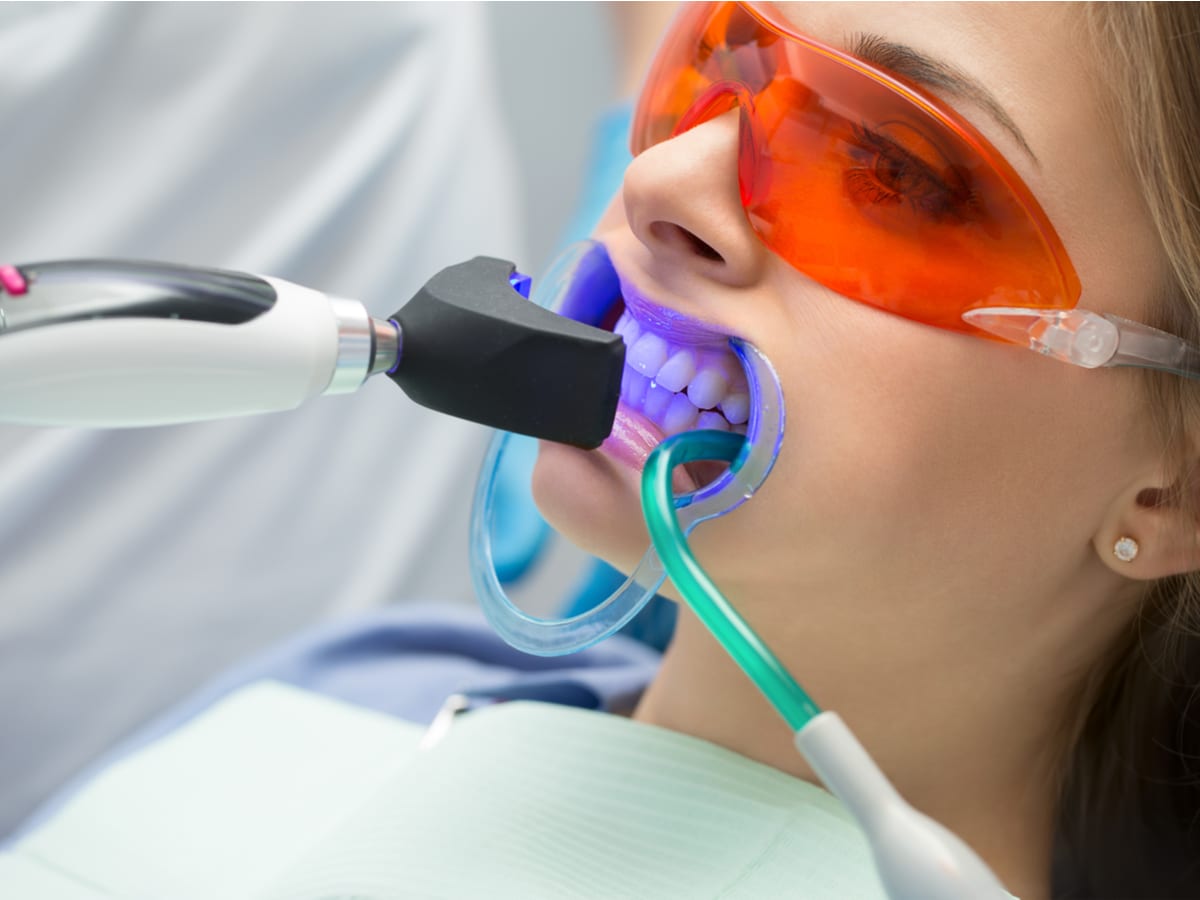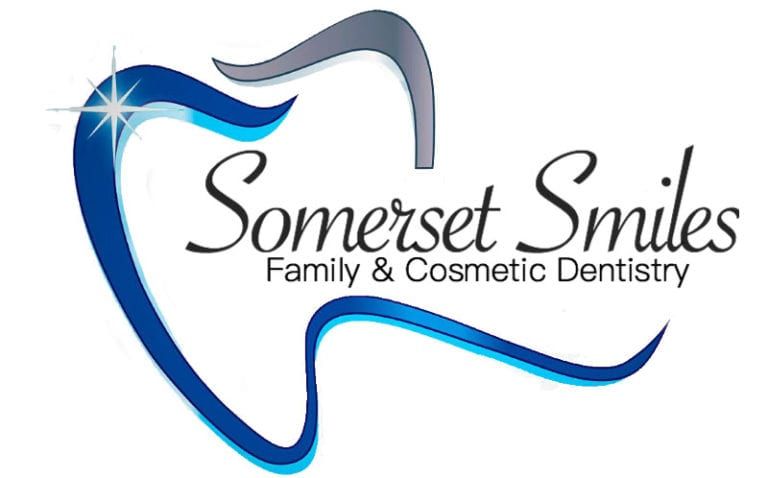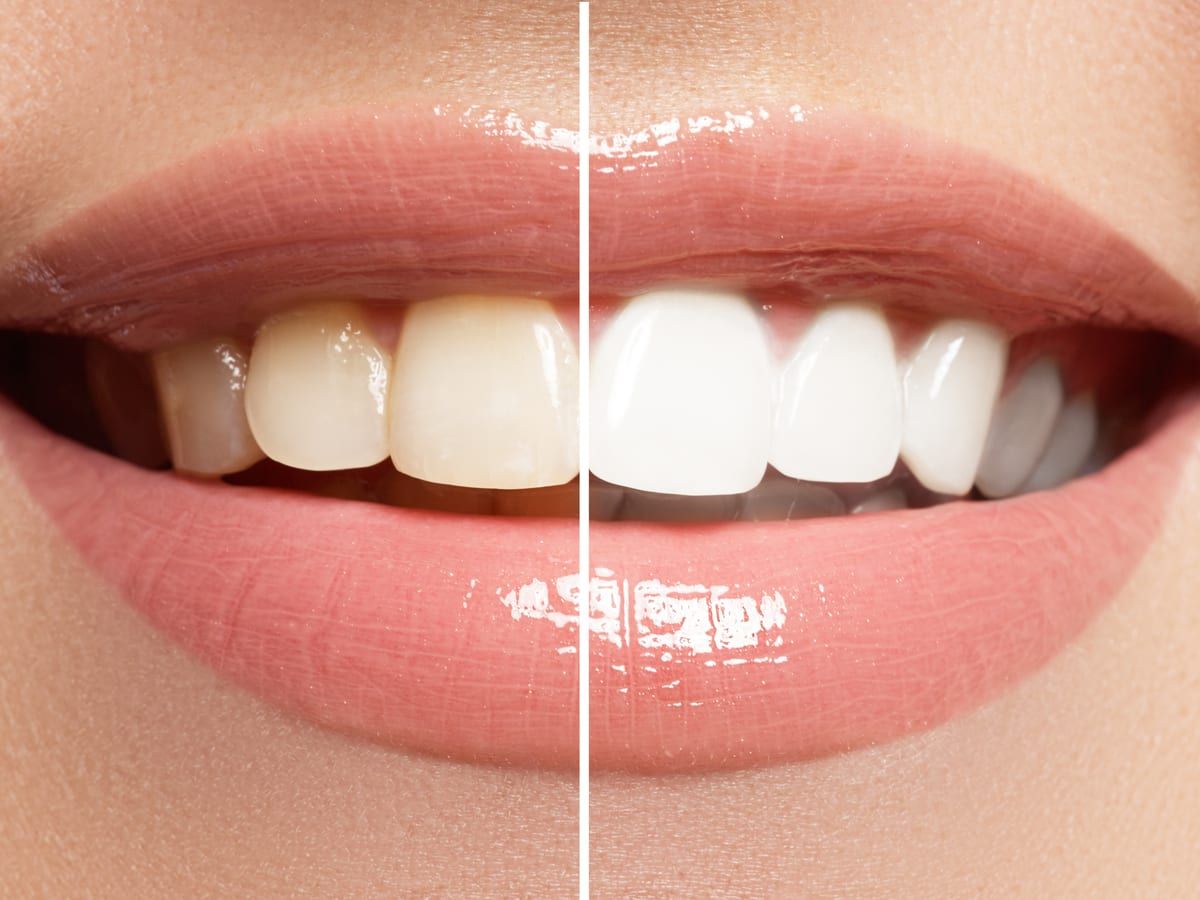If you’ve been looking in the mirror and being dissatisfied with the color of your teeth, you may have been considering getting professional dental whitening done. This cosmetic dental procedure is one of the most popular ones performed by professionals in-office today. While over-the-counter options are available from your local pharmacy, they lack the efficacy of those available to professionals. Using high-strength solutions and processes, dentists can produce results that are far and above those available at home.
What Are The Advantages Of Getting In-Office Teeth Whitening?
Professional teeth whitening results in faster results than those achieved using OTC solution, and are significantly safer. Occurrences of tooth and gum sensitivity have been significantly reduced due to improvements in the gels and substances that desensitize the teeth temporarily, such as fluoride and potassium nitrate.
What Disadvantages Are There To In-Office Teeth Whitening?
These procedures are naturally more expensive than those you can get over-the-counter at your pharmacy. In-office procedures often run in excess of $400, while OTC home systems are generally under $100 for even the most expensive options. Consistency in results is hard to achieve due to multiple factors contributing to staining. Treatment in-office is more effective, but staining can recur with at home or in-office solutions. Home maintenance treatments are frequently suggested by dentists following their treatment.
What Stains Are Best Treated By Professional Whitening?
Of all forms of staining, there are a few that are best handled by your dentist. These include brown, grey, yellow, or green staining caused by aging. Yellowed teeth are the most responsive to whitening treatments. Stains resulting from dietary habits also respond well to in-office treatment, as well as those caused by smoking.
What Stains Resist In-Office Whitening?
Inorganic stains do not respond well to either kind of treatment, and may even become darker after attempted whitening. Staining caused by tetracycline antibiotics is the result of the drug bonding directly to the teeth and dentin, and cannot be removed with whitening treatments. Fluorosis resulting from overexposure to fluoride can also result in discoloration of the teeth. Trauma that results in the darkening of dentin doesn’t respond to whitening treatments well either.
Are Dental Veneers Or Teeth Whitening More Appropriate for Me?
Veneers are a great solution in cases where whitening isn’t possible or isn’t producing the desired results. Their ability to completely conceal your natural teeth while remaining aesthetically pleasing is fantastic in correcting staining. However, they tend to be more expensive than whitening procedures, which may be a consideration for some patients.

Am I A Candidate For Professional Whitening?
Whether you’re a candidate for professional dental whitening is best determined during a consultation with your dentist. The following conditions may indicate you are not a good candidate for professional whitening:
- If you have gums or teeth that are hypersensitive. Dentists may suggest that you take bleaching trays home that contain lower amounts of the whitening solution that can prevent a sensitivity reaction.
- Stubborn or intractable staining can be resistant to in-office bleaches, even the high-concentration ones. An ongoing treatment regimen may be suggested by your dentist to help make progress over time. Veneers, crowns, or bonding may be suggested as well.
- If your teeth have become transparent with age, then dental whitening will not be effective for you.
How Do I Prepare For My Teeth Whitening?
The first step in the preparation process is a professional cleaning to ensure that your teeth have the best chance of benefiting from whitening. This will be followed or preceded by a dental exam that checks your oral health for cracks, severe tooth decay, or gum disease. If any of these conditions exist in a patient, they can result in significant irritation during the procedure. These will have to be addressed before the whitening can proceed.


